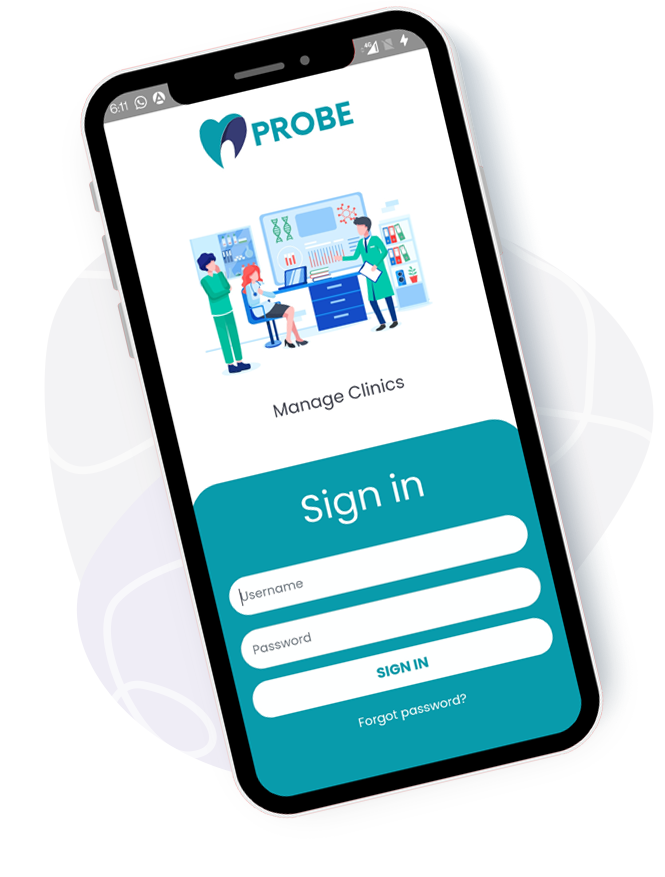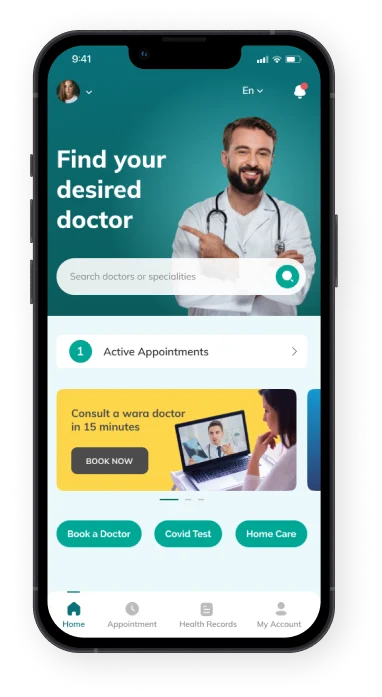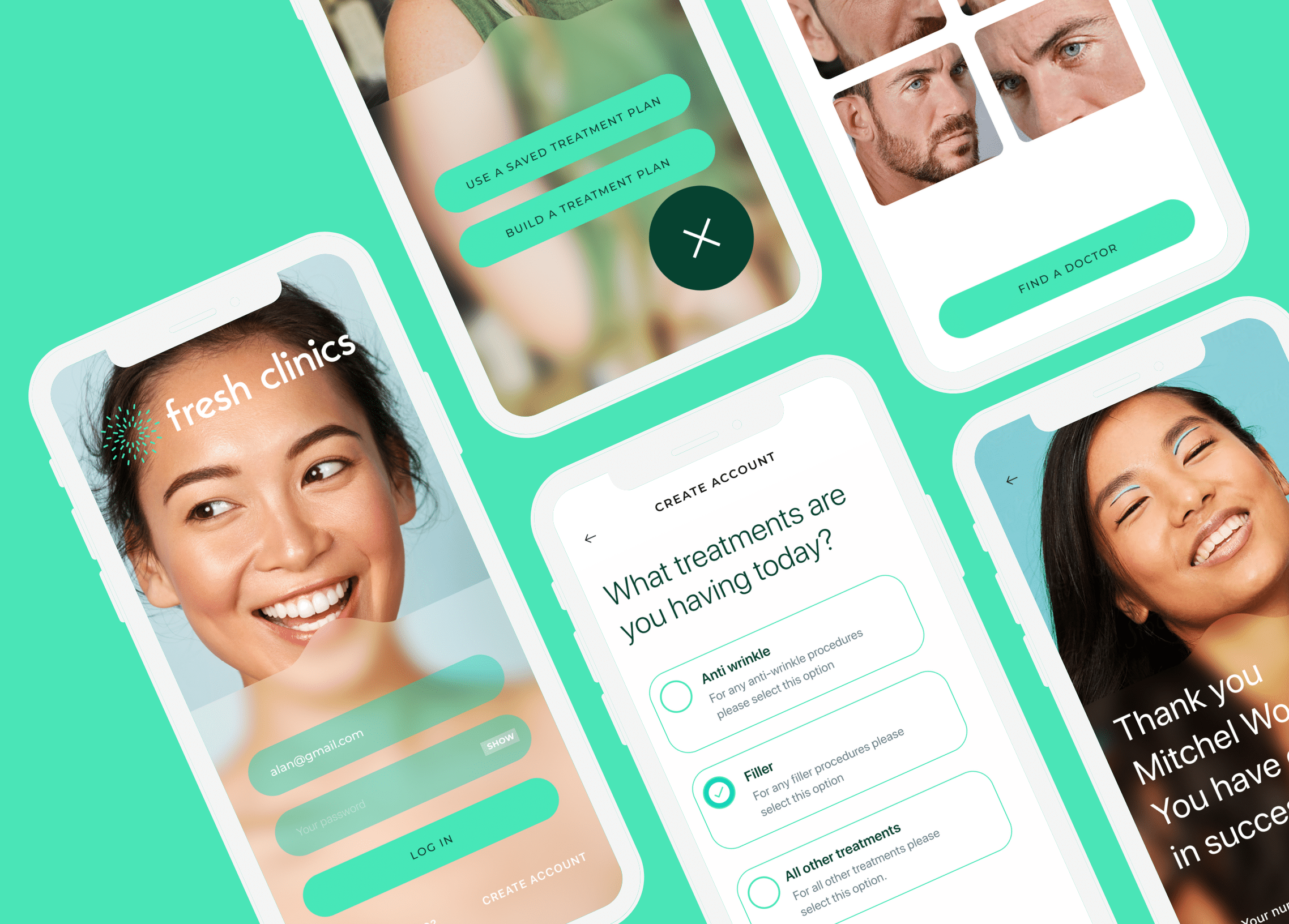The Future of Medical Care: Why Clinics Need a Mobile App Today
As the healthcare landscape continues to evolve, centers face mounting pressure to adjust to individual assumptions for higher benefit and accessibility. The combination of mobile applications can serve as an essential strategy for boosting client involvement and streamlining operations.
Transforming Individual Expectations
As the landscape of health care progresses, individual expectations are undergoing a substantial makeover. Today's individuals are significantly looking for comfort, ease of access, and personalized treatment. With the increase of technology, particularly mobile applications, people currently anticipate a smooth combination of healthcare solutions right into their every day lives. They want the capability to manage consultations, gain access to medical records, and communicate with medical care providers via their mobile phones, reflecting a shift towards a much more proactive technique to health monitoring.
Additionally, individuals are coming to be a lot more educated and encouraged, frequently looking into therapies and problems online prior to appointments. This heightened awareness is combined with a need for openness in medical care processes, consisting of cost estimates and treatment options. Consequently, carriers are urged to adapt by embracing electronic tools that improve the individual experience.
The assumption for reliable and prompt interaction has actually never ever been greater, with several clients thinking about responsiveness an essential part of top quality treatment. mobile app for clinics. In this progressing landscape, healthcare companies must identify these transforming expectations and utilize mobile applications to cultivate an extra patient-centric strategy, ensuring that they not just satisfy yet go beyond the requirements set by today's educated consumers
Enhancing Patient Involvement

Mobile applications assist in interaction in between people and doctor, making it possible for real-time appointment scheduling, tips for drug adherence, and direct messaging attributes. These capabilities not only boost convenience but likewise develop a feeling of accountability amongst individuals. In addition, mobile apps can use instructional material tailored to specific requirements, aiding clients better understand their problems and treatment alternatives.
The combination of gamification elements within health care applications can additionally encourage patients to involve in healthy and balanced behaviors, strengthening positive way of life modifications. By tracking development and satisfying accomplishments, patients are more probable to remain committed to their health goals. Ultimately, boosting client interaction via mobile applications results in improved wellness end results, better person contentment, and a much more collaborative healthcare experience. Centers that prioritize this element will likely see a considerable effect on the top quality of care delivered.
Streamlining Center Operations
Enhancing clinic operations is necessary for improving workflow efficiency and maximizing client treatment. The implementation of mobile applications can dramatically decrease administrative worries, allowing health care service providers to focus much more on patient interactions. By automating consultation organizing, client check-ins, and invoicing procedures, centers can decrease wait times and improve overall operational effectiveness.
Mobile applications additionally facilitate real-time access to individual documents, making it possible for healthcare professionals to make educated decisions swiftly. This immediacy not just boosts the quality of care but also decreases the probability of errors connected with misplaced or dated details. Additionally, leveraging mobile innovation supports a much more orderly technique to handling individual follow-ups and therapy plans, making sure that no critical steps are overlooked.
This permits for prompt replenishment and aids avoid interruptions in person care due to equip lacks. By incorporating these functionalities right into their day-to-day operations, facilities can create an extra here are the findings cohesive and effective atmosphere, inevitably leading to improved individual outcomes and fulfillment.
Improving Communication Channels
Efficient interaction is frequently mentioned as a keystone of quality health care distribution. In today's fast-paced medical atmosphere, mobile applications can dramatically improve interaction networks between centers, people, and doctor. By incorporating mobile apps right into their procedures, facilities can facilitate real-time interactions, making certain that clients get prompt details concerning their appointments, test results, and treatment plans.
Mobile apps likewise equip individuals to connect straight with their medical care groups through protected messaging functions. This straight line of interaction promotes a feeling of interaction and enables immediate information of worries, which can cause far better adherence to therapy methods. Press alerts can advise individuals of upcoming visits or medication routines, lowering no-show prices and enhancing overall health end results.

Staying Competitive in Health Care
In a swiftly developing medical care landscape, organizations should focus on innovation and versatility to maintain an one-upmanship. The assimilation of mobile applications into health care solutions is no much longer optional; it is vital for facilities aiming to boost person interaction, enhance procedures, and improve overall service shipment.
As individuals significantly count on digital systems for health management, centers that fall short to take on mobile technology danger falling back. A properly designed mobile application can supply features such as visit scheduling, telemedicine examinations, and accessibility to clinical documents, supplying individuals with ease and cultivating loyalty.

Rivals are additionally investing in mobile options, so staying ahead needs continual enhancement and remaining educated about technological innovations. Facilities need to not only implement mobile applications but likewise engage in normal updates and refinements. Inevitably, the effective assimilation of mobile technology will identify forward-thinking healthcare organizations and established the standard for patient-centric treatment in a digital globe.
Verdict
Finally, the integration of mobile applications in centers is essential to address the developing landscape of individual assumptions. By boosting person involvement, enhancing operations, and improving communication see here now networks, facilities can substantially enhance wellness results. Additionally, the fostering of mobile technology settings facilities to stay affordable in a progressively digital health care setting. Inevitably, the strategic execution of mobile applications stands for a vital step toward delivering obtainable and individualized healthcare, thus meeting the needs these days's equipped individuals.
Eventually, boosting client engagement with mobile applications leads his response to enhanced health and wellness outcomes, better patient satisfaction, and a more collective health care experience.Mobile apps additionally assist in real-time accessibility to person documents, making it possible for medical care specialists to make educated decisions rapidly. In today's hectic medical setting, mobile applications can dramatically boost interaction channels between facilities, people, and healthcare companies.Mobile applications likewise equip clients to connect straight with their health care groups via protected messaging features. Eventually, the critical application of mobile apps stands for an important step towards delivering personalized and accessible health care, thus satisfying the needs of today's encouraged clients.
Comments on “The Influence of a Mobile App for Clinics on Workflow Efficiency and Patient Satisfaction”